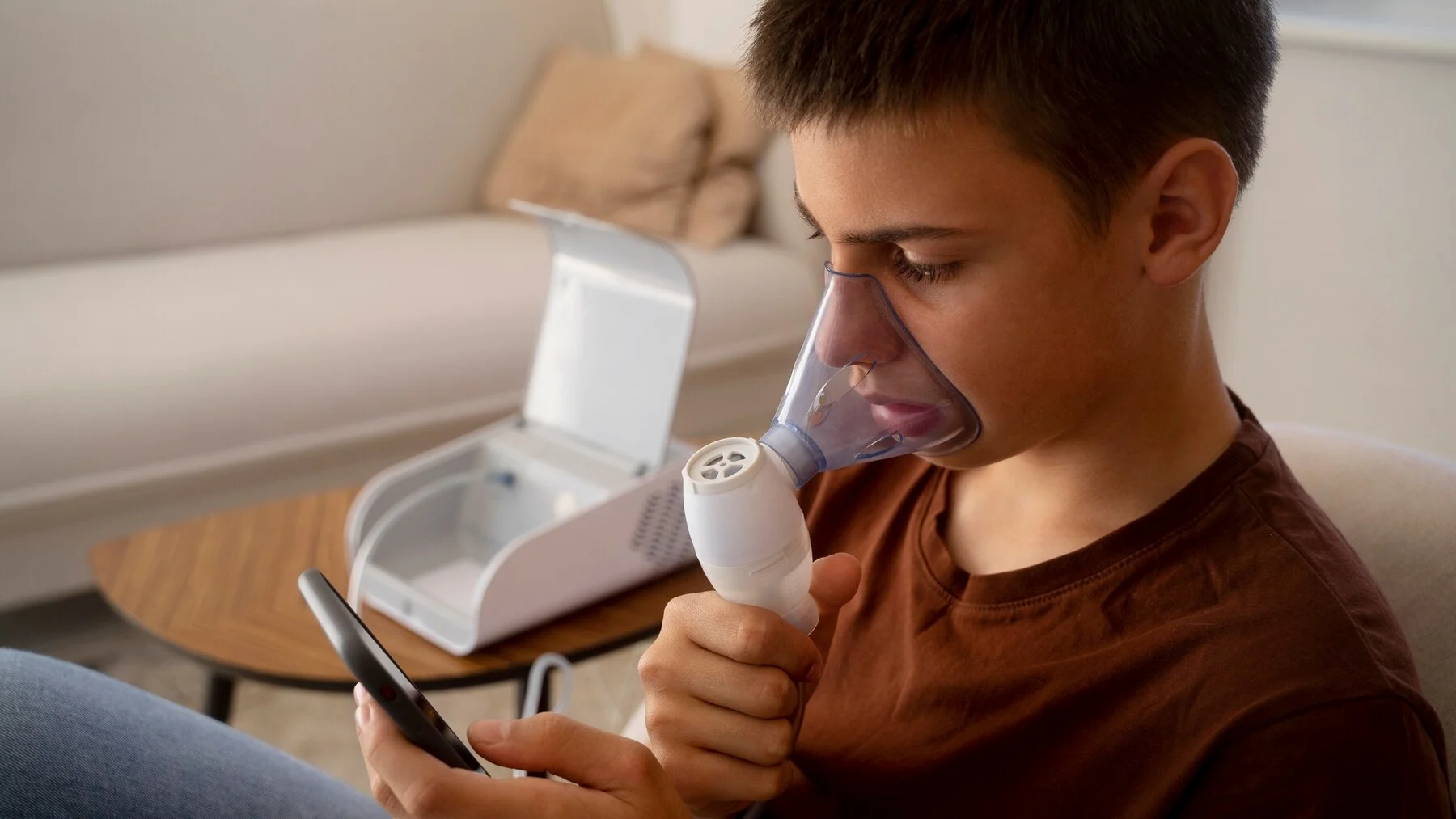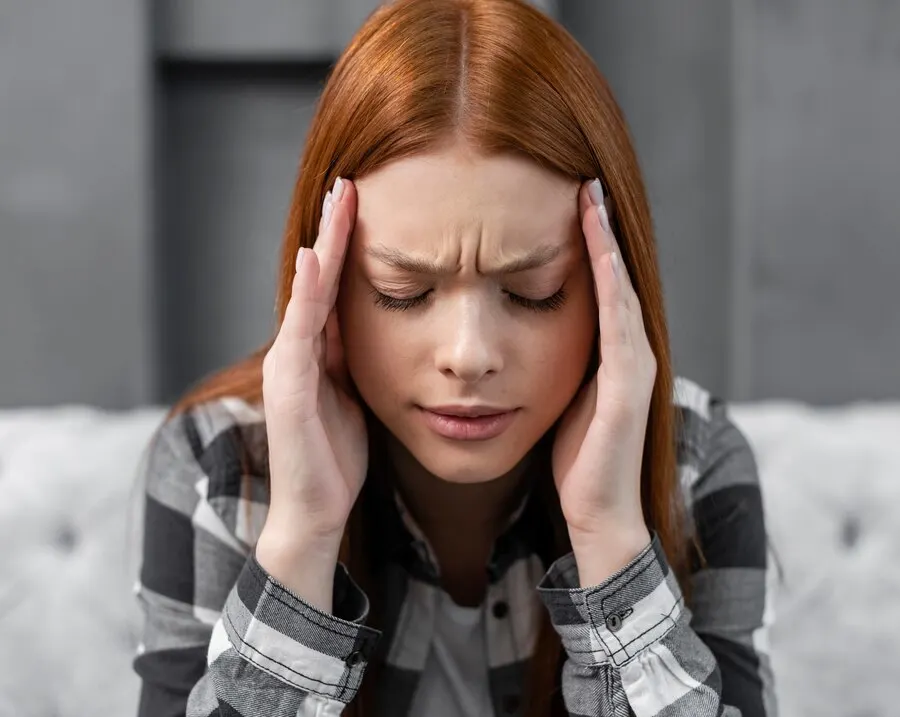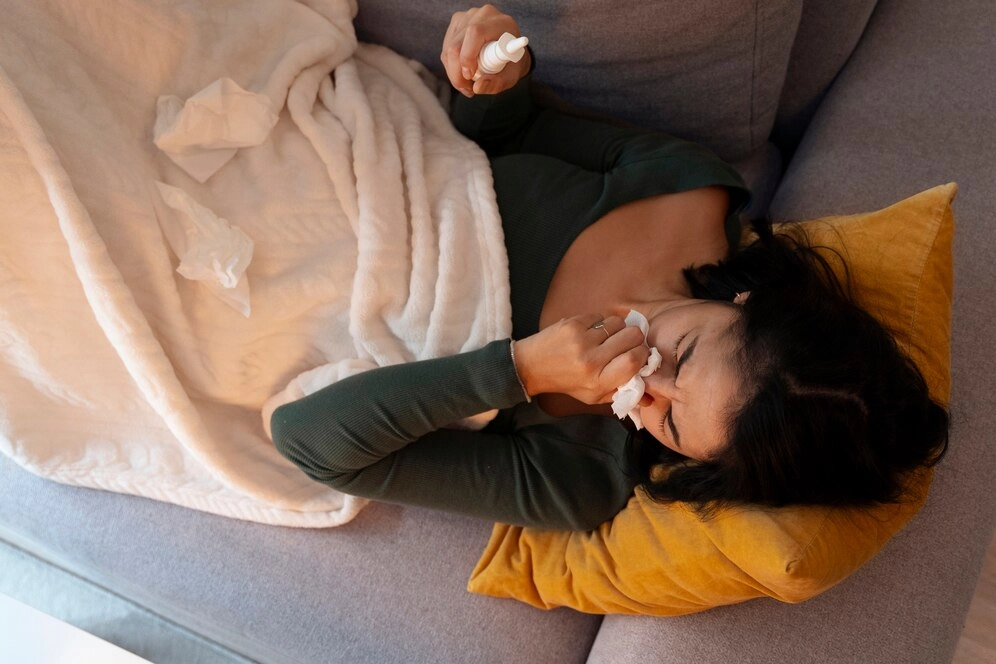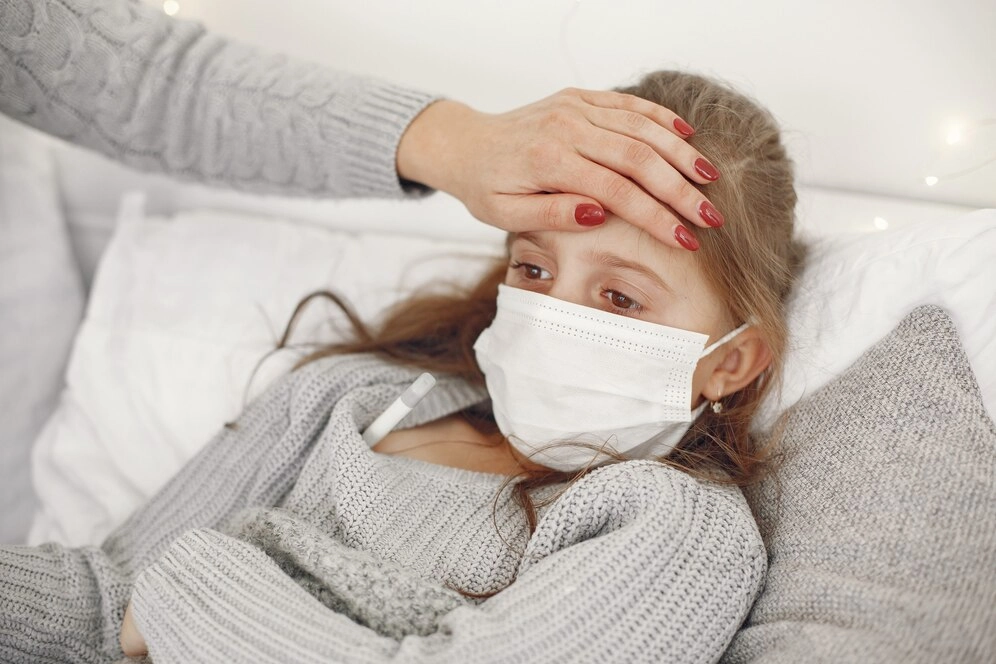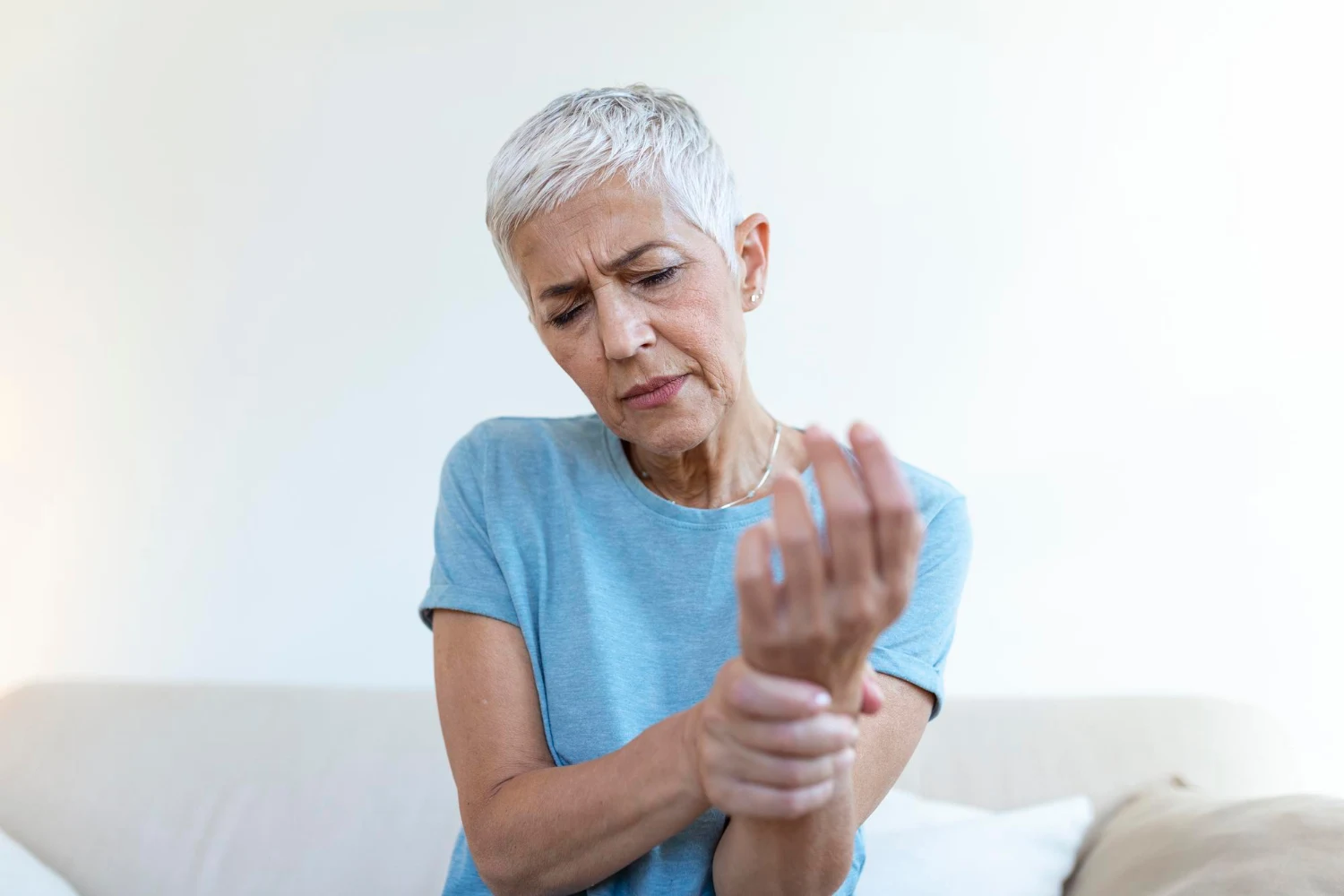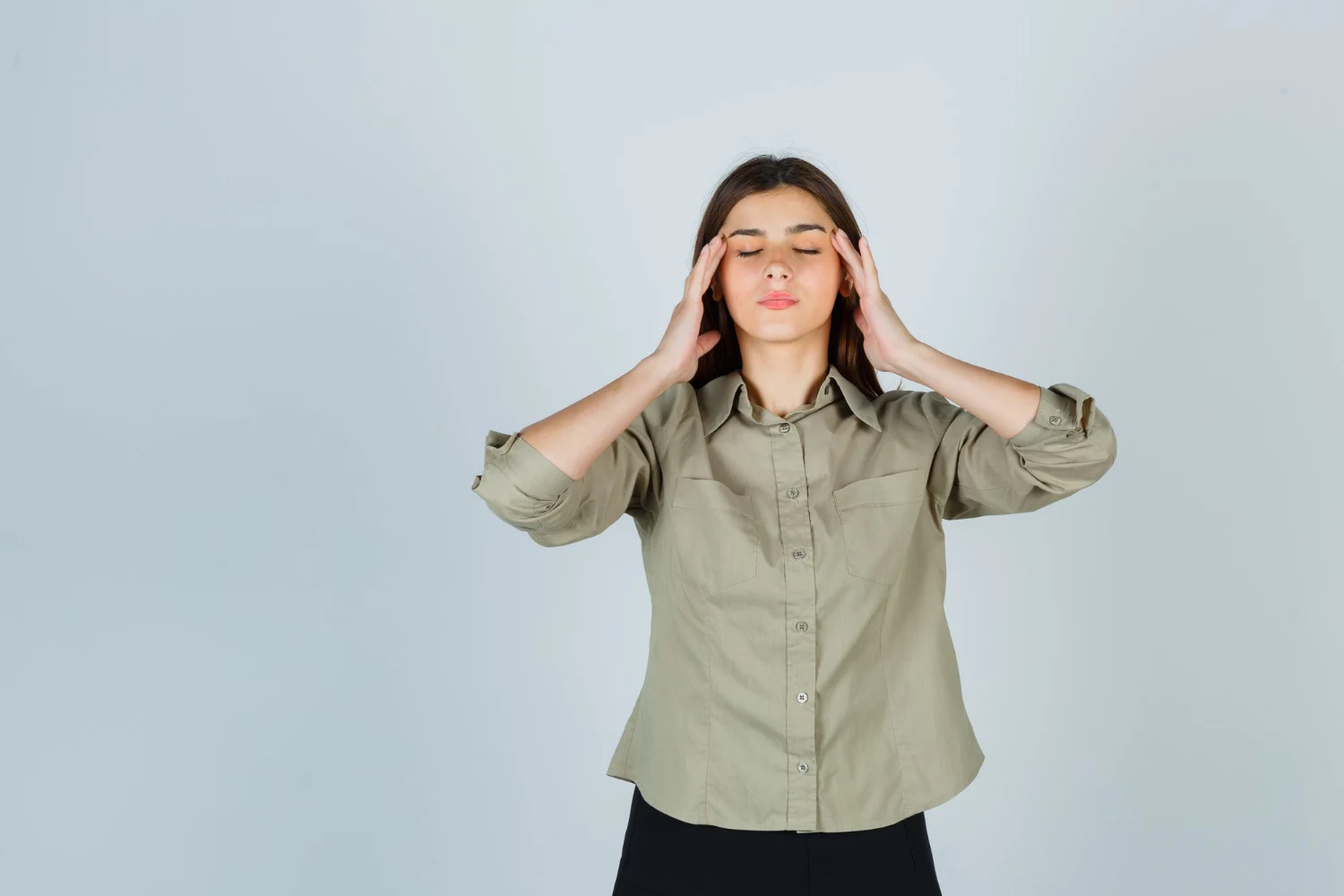Why Do You Get Headaches In Summer?
Category: General medicine
Summer is often a time to relax, soak up the sun, and enjoy outdoor activities. However, for many, it can also mean dealing with frequent headaches that seem to be triggered by the scorching heat. If you've ever found yourself reaching for pain relievers more often during the warmer months, you're not alone. But why exactly does summer bring on those unwanted headaches? Let’s explore some common causes and how you can manage them effectively.
1. Heat and Dehydration: The Culprits Behind Summer Headaches
As temperatures rise during the summer, our bodies can lose fluids more rapidly through sweat. Dehydration is one of the leading causes of headaches, and it's particularly common in the warmer months when we’re less mindful of our water intake. Dehydration reduces blood flow to the brain, causing a contraction of the blood vessels, which results in pain.
Tip: Drink plenty of water throughout the day to keep your body hydrated. Remember that thirst isn’t always an indicator of dehydration, so try to drink before you feel thirsty.
2. Sun Exposure and Migraines
For individuals prone to migraines, bright sunlight can be a major trigger. Long periods of exposure to direct sunlight can cause strain on your eyes, disrupt your circadian rhythms, and induce migraines. The glare from the sun or the intensity of UV rays can heighten sensitivity, leading to intense headache episodes.
Tip: Protect your eyes by wearing sunglasses with UV protection and a wide-brimmed hat. If you’re sensitive to light, seek shade whenever possible, and avoid direct exposure to the midday sun.
3. Temperature Fluctuations and Sinus Pressure
In many parts of the world, summer brings significant changes in temperature. These fluctuations can affect your sinuses, causing congestion and leading to sinus headaches. Hot, humid weather can make the sinuses more susceptible to pressure changes, while air conditioning can dry out the airways and increase discomfort.
Tip: Use a humidifier in air-conditioned rooms to maintain moisture in the air and reduce sinus irritation. You can also consider saline nasal sprays or warm compresses to relieve pressure.
4. Allergens and Pollen
Summer is prime allergy season, and exposure to allergens like pollen can trigger headaches. As flowers bloom and trees release pollen, individuals who suffer from hay fever or other allergies may experience headaches as a side effect of their allergic reactions. These headaches are often accompanied by other symptoms, such as a runny nose or itchy eyes.
Tip: Keep windows closed during high pollen times, and take antihistamines as prescribed. Regularly cleaning your home and using air purifiers can also help reduce allergen buildup.
5. Sleep Disturbances: Hot Nights, Troubled Sleep
With the rise in temperatures, many people struggle to get a good night’s sleep. Hot and humid weather can make it uncomfortable to sleep, leading to disrupted sleep patterns. Lack of sleep, or poor-quality sleep, can trigger headaches the following day, especially for individuals who already experience tension headaches or migraines.
Tip: Invest in breathable, moisture-wicking bedding to stay cool. Make your bedroom a sleep-friendly environment by keeping it dark, cool, and quiet to encourage restful sleep.
6. Changes in Diet and Caffeine Intake
During the summer, people often indulge in outdoor activities like barbecues or beach outings, where food and drinks are abundant. However, sudden changes in diet or an increase in alcohol and caffeine consumption can be triggers for headaches. Alcohol, especially in the summer heat, can lead to dehydration, while excessive caffeine can cause withdrawal headaches when consumption is reduced.
Tip: Try to keep a balanced diet and avoid overindulging in alcohol and caffeine. Keep an eye on how these changes might affect you, and make adjustments to your routine as needed.
7. Physical Activity and Overexertion
With longer daylight hours and more opportunities to be active outdoors, many individuals tend to overexert themselves during the summer months. Whether it’s hiking, running, or sports, physical activity in hot weather can lead to tension headaches or headaches due to heat exhaustion. Overheating and sweating can put additional strain on your body and trigger headache symptoms.
Tip: Pace yourself and take frequent breaks to avoid overexertion. Drink water regularly, wear lightweight clothing, and avoid strenuous activity during the hottest part of the day.
Managing Summer Headaches
While summer headaches can be a common nuisance, they are often preventable with a little extra attention to your lifestyle choices. Stay hydrated, protect your eyes from the sun, and be mindful of allergens and sleep disruptions. If headaches persist or worsen, it's always a good idea to consult a medical professional. At Lokmanya Hospital, we offer comprehensive care for headache management and treatment. Our experienced doctors can help you identify the root cause of your headaches and recommend personalized solutions to improve your quality of life.
For more information on how we can help, visit Lokmanya Hospitals.
Conclusion
While summer brings the promise of sunshine and fun, it can also bring unwanted headaches. By staying hydrated, protecting yourself from the sun, and managing other potential triggers, you can minimize the chances of experiencing these painful episodes. Take control of your summer and stay headache-free with the right precautions.
FAQ’s
1. Why do I get headaches more often in the summer?
Summer headaches are often caused by dehydration, sun exposure, temperature fluctuations, allergens, and disrupted sleep patterns. These factors can trigger various types of headaches, such as tension headaches or migraines.How 2. 2. can dehydration lead to headaches in summer?
As the temperature rises, our bodies lose fluids faster through sweat, leading to dehydration. This reduces blood flow to the brain, causing blood vessels to contract and resulting in headaches.
3. Can sun exposure cause migraines?
Yes, direct sunlight and UV rays can trigger migraines, especially for people prone to them. The glare from the sun and prolonged exposure can strain the eyes and disturb circadian rhythms, increasing headache intensity.
4. How can I prevent headaches from allergens and pollen in the summer?
To avoid headaches caused by allergens, keep windows closed during high pollen times, take antihistamines as prescribed, and use air purifiers in your home to reduce allergen buildup.
5. Does lack of sleep in hot weather contribute to headaches?
Yes, hot and humid conditions can make it difficult to sleep well, leading to poor-quality sleep. This lack of rest can trigger headaches the following day, especially for those prone to tension headaches or migraines.
6. What can I do to avoid headaches caused by overexertion during summer activities?
Pace yourself during outdoor activities, take frequent breaks, stay hydrated, and avoid intense physical exertion during the hottest part of the day to prevent heat-related headaches.


